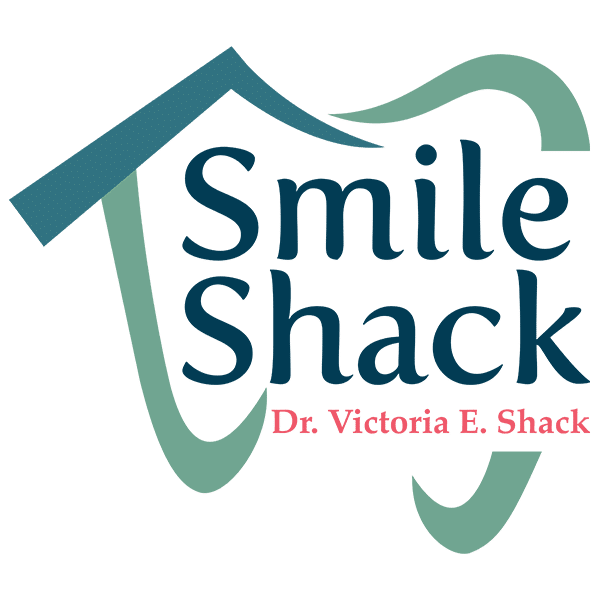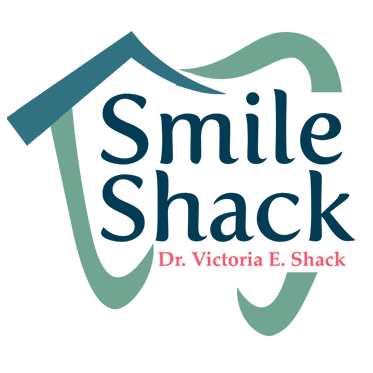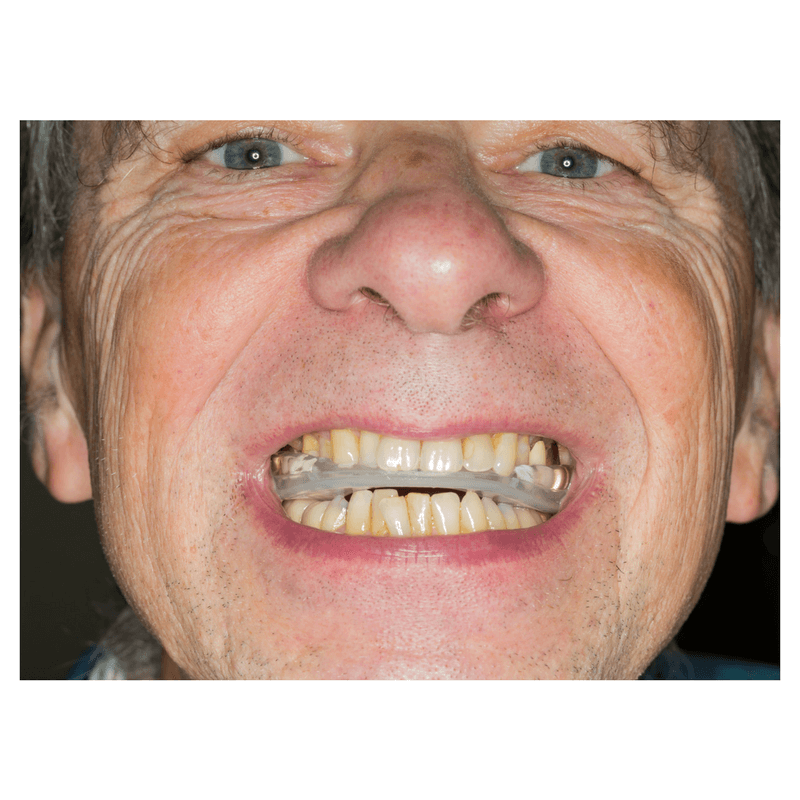Teeth grinding, also known as bruxism, is quite common. Teeth grinding often happens while sleeping, concentrating, or performing heavy lifting. Some people are unaware that they grind their teeth, while others are acutely aware but powerless to stop. Left untreated, bruxism can destroy your teeth and cause a wide range of painful symptoms. Proper treatment can halt and reverse the effects. Here is what you need to know.
Symptoms
Teeth grinding is sometimes, but not always, linked to TMJD (temporomandibular joint disorder). Therefore, the symptoms of the two conditions frequently overlap. Teeth grinding is a highly individualized disorder, so not everyone will experience it in the same way. Still, most people who grind their teeth will experience some or all of the following symptoms:
- Earaches
- Enamel erosion
- Headaches
- Neck or shoulder stiffness
- Pain or tension in the jaw
- Sore teeth or gums
- Sleep problems
- Tooth fractures
- Unusually large facial muscles
- Worn-down teeth
Causes
Teeth grinding can have many causes besides its link to TMJD. Those who suffer from stress and anxiety are at significantly higher risk. Bruxism has a strong link to snoring and sleep apnea, though it is not yet clear whether one condition causes the other. Heavy smokers, frequent caffeine and alcohol users, and those with depression are also more likely to grind their teeth.
Risks
The biggest risks of teeth grinding include pain and inflammation, as well as symptoms that resemble TMJD, such as trouble chewing or fully opening or closing the mouth. Teeth grinding also damages the tooth enamel and weakens the tooth structure, putting sufferers at a higher risk for cavities and tooth decay, broken teeth, and even tooth loss.
Treatment Options
Treating teeth grinding is a two-stage process. First, we may recommend an appliance to immediately protect your teeth and jaw. A bite plate or bite guard is a customized plastic device that cushions the teeth overnight. If sleep apnea is suspected, a mandibular advancement device may be used to bring the lower jaw forward during sleep, preventing airway collapse and protecting the teeth. Cognitive-behavioral techniques may also be used to help you become aware of, and cut back on, teeth grinding.
Ultimately, it is important to discover and treat the root cause of teeth grinding. Cutting back on caffeine, tobacco, and alcohol, controlling anxiety and depression, and treating sleep apnea can dramatically reduce the frequency of teeth grinding.
Teeth grinding is quite common, but it can wreak havoc on your teeth. If you suspect that you grind your teeth, contact your dentist right away for a full assessment. Like most conditions, teeth grinding tends to cause further damage over time. The earlier it is caught, the more easily and effectively we can protect your teeth.
Ready for Help?
If you are ready to stop grinding your teeth, contact Smile Shack today at 631-928-7500 to make an appointment.


